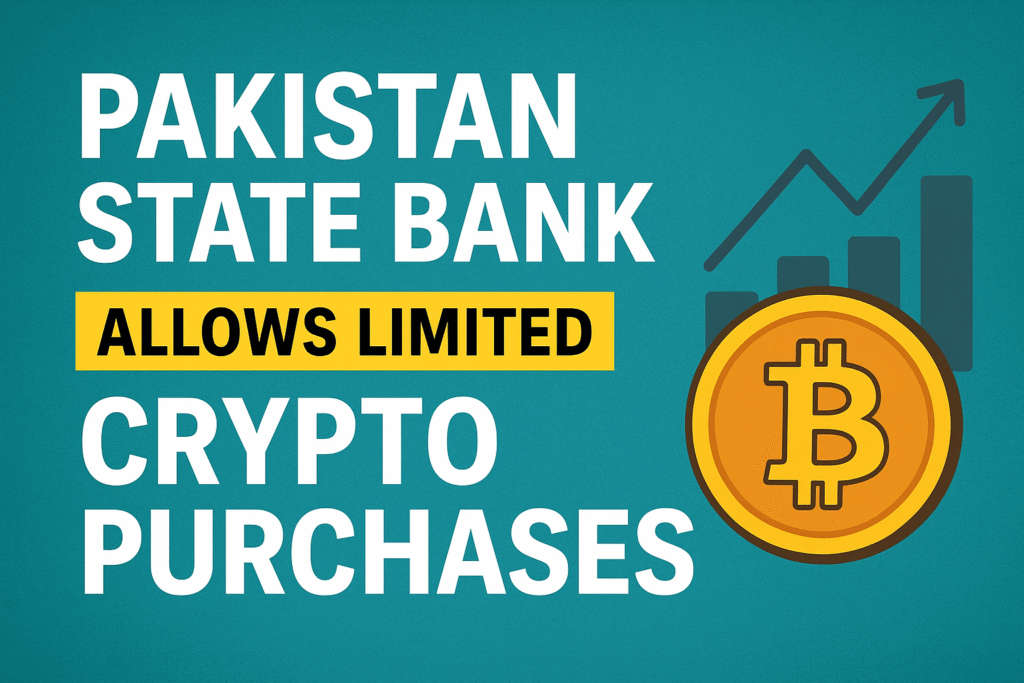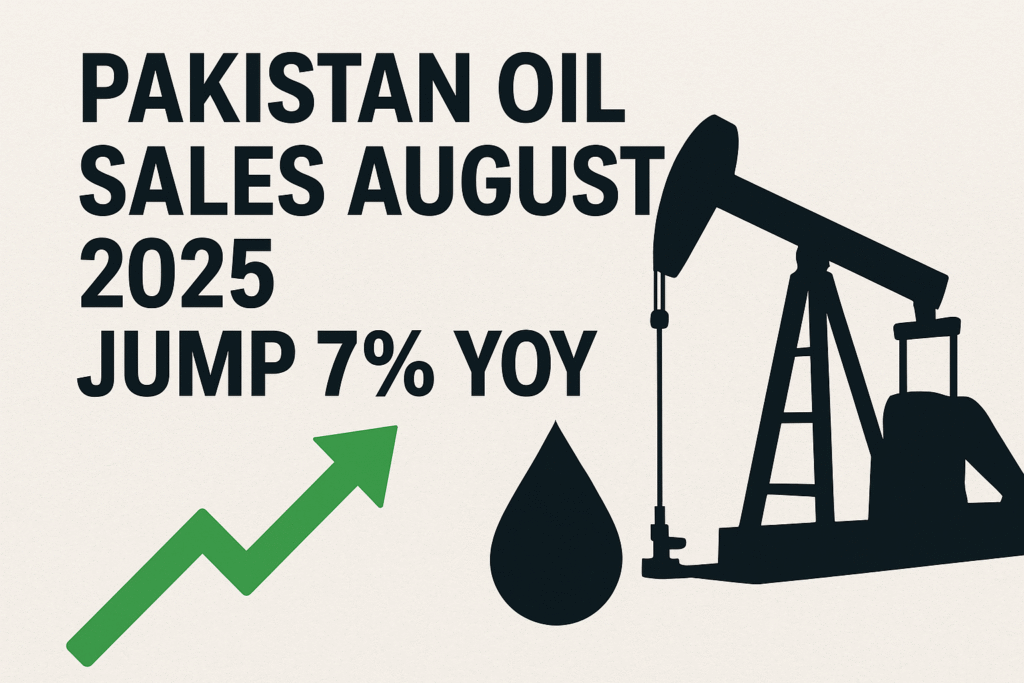Pakistan State Bank to Allow Cryptocurrencies | Limited Option
ISLAMABAD – So, here’s the scoop. After years of quietly turning heads and raising eyebrows, the State Bank of Pakistan (SBP) has finally decided to let people buy cryptocurrencies—just in a very controlled way. It’s not an all-out green light, but it’s definitely a step forward. From Flat No to Cautious Yes Back in 2018, SBP slammed the door on crypto transactions entirely. Banks were told not to touch it, citing all the usual concerns—money laundering, scams, wild price swings. Yet, something interesting happened: people didn’t stop. Pakistan popped up as one of the most active try-it-on-your-own crypto scenes globally, with folks relying on peer-to-peer options and foreign platforms. Now, SBP’s saying, “Let’s bring that underground hustle into the open, but keep it small and monitored.” Why the Shift, Honestly, it’s a bit of everything. Inflation is spiraling, our rupee is wobbling, and foreign reserves are pinching. Remittances are a lifeline. If crypto can make them faster and cheaper, that’s a real plus. Plus, there’s tech momentum. With one of the youngest populations in the world and a bustling IT space, digital-savvy Pakistanis are already ahead of the curve. It’s almost like SBP is catching up and saying, “Alright, let’s do this carefully.” What It Might Look Like We don’t have the final playbook yet, but word is: You’ll probably get to buy only small amounts—say, $100 to $500 a month. KYC will be mandatory; show your CNIC, connect your bank account. Only SBP-approved exchanges will get in on the action. Every transaction flows through your local bank so nothing skips under the radar. It’s a bit like dipping your toes in the water rather than diving in headfirst. The Good, the Bad, and What Comes Next Some people are actually cheering. Wrapped in regulation, crypto might boost financial inclusion, cut reliance on informal hawala transfers, and boost the fintech scene. On the flip side, crypto’s volatility is no joke—newbies could lose money fast. And yes, fraud risks, tax evasion, and cybersecurity threats are definitely still on the radar. That’s why SBP is keeping the caps tight and the rules firm. So, What’s Next? Think of this as a cautious experiment. If it goes well, you might see higher limits, more coins, or even Pakistan’s own Central Bank Digital Currency (CBDC) down the line. For now, it’s a measured step: opening the door, while keeping control firmly in hand.


